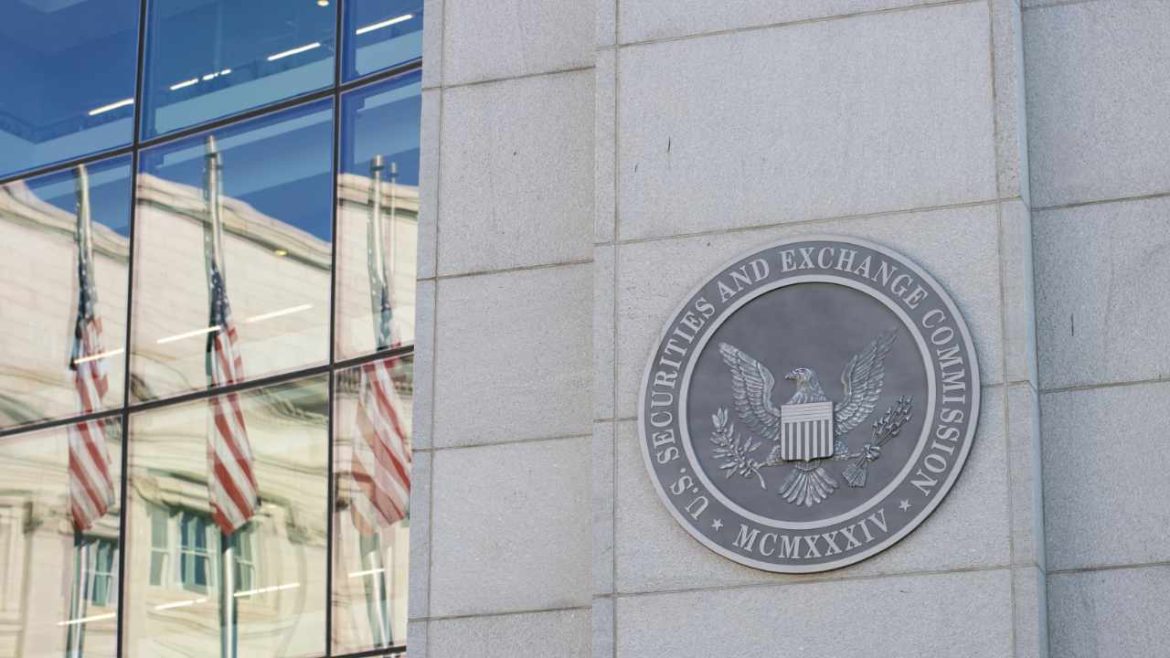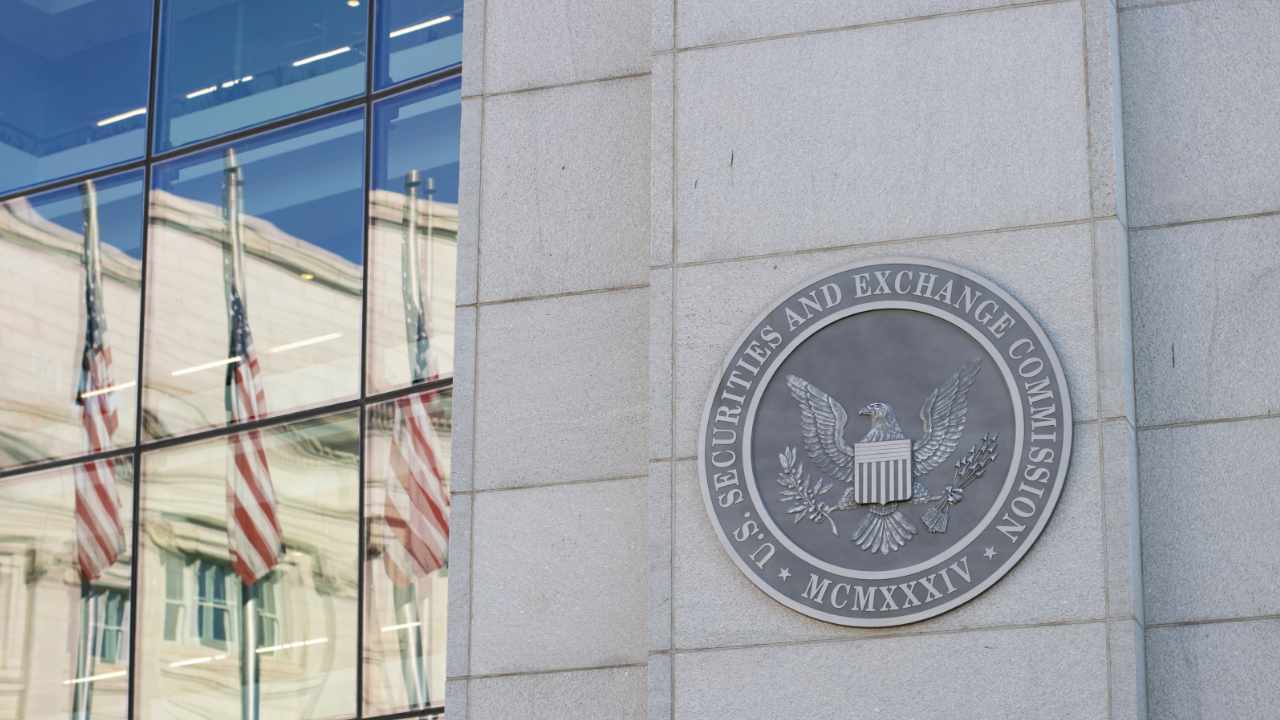The Dawn of a New Crypto Era: Reforming Regulation in the US
Introduction
The cryptocurrency landscape is undergoing a seismic shift, driven by the United States Securities and Exchange Commission (SEC) and the White House. This transformation is not merely about imposing stricter regulations but about fostering innovation while ensuring investor protection and maintaining the US’s leadership in the global digital economy. The journey ahead is fraught with challenges and opportunities, as regulators navigate the intricate terrain of digital assets.
The GENIUS Act: A Cornerstone for Stablecoin Regulation
The GENIUS Act stands as a pivotal proposal in the regulatory overhaul, aiming to establish the first federal framework for stablecoins. Stablecoins, which maintain a stable value relative to a reference asset like the US dollar, have become integral to the crypto ecosystem. However, their lack of regulation has raised concerns about their stability and potential systemic risks.
Key Components of the GENIUS Act
By creating a clear and consistent regulatory framework, the GENIUS Act aims to unlock the potential of stablecoins while mitigating their risks. This balanced approach will foster innovation and ensure the stability of the broader financial system.
White House Blueprint: Tax Responsibilities and Redefining Regulatory Roles
The White House is playing a crucial role in shaping the future of crypto regulation. The White House blueprint assigns tax responsibilities to the Treasury and the Internal Revenue Service (IRS), signaling a commitment to clarifying the tax treatment of digital assets. This clarity is essential for mainstream adoption, as it provides much-needed guidance for individuals and businesses navigating the complex world of crypto taxation.
Redefining SEC and CFTC Roles
The blueprint also urges legislative cooperation to redefine the roles of the SEC and the Commodity Futures Trading Commission (CFTC) in regulating digital assets. The SEC and CFTC have traditionally overseen securities and commodities markets, respectively, but the lines between these categories have become blurred in the crypto space.
SEC’s Evolving Approach: From Enforcement to Clarity
Under new leadership, the SEC is shifting its approach to crypto regulation, moving away from a primarily enforcement-focused strategy towards a more balanced approach that emphasizes regulatory clarity and market development. This shift is reflected in several key developments:
New Crypto Task Force
The SEC has established a Crypto Task Force dedicated to developing a comprehensive and clear regulatory framework for crypto assets. This task force will play a crucial role in providing guidance to the industry and ensuring that regulations are tailored to the unique characteristics of digital assets.
Easing Crypto Enforcement
There are signals that the SEC is easing its enforcement actions in the crypto space, focusing instead on providing clear regulatory guidelines. This shift is a welcome development for the industry, as it reduces the uncertainty surrounding compliance and encourages innovation.
Backing Market Regulation Proposals
The SEC has expressed support for proposals to enhance oversight of the crypto market, particularly in light of past failures. This includes clarifying that digital asset securities transactions are subject to the same trade reporting requirements as standard securities. This support signals a commitment to increasing transparency and accountability in the crypto market.
Challenges and Opportunities Ahead
The path to comprehensive crypto regulation is not without its challenges. The SEC faces several hurdles as it seeks to navigate the complex and rapidly evolving world of digital assets. These challenges include:
Defining “Decentralization”
Defining what truly constitutes a decentralized cryptocurrency or project will remain a key battle as the SEC attempts to bring the crypto space under its regulatory umbrella. This definition is crucial for determining the regulatory approach to different types of digital assets.
Lack of Technical Expertise
The SEC needs to develop the technical expertise necessary to understand and regulate digital assets effectively. This expertise will ensure that regulations are based on a solid understanding of the technology and its implications.
International Coordination
The SEC needs to work with other regulatory bodies around the world to ensure that crypto regulations are consistent and do not create opportunities for regulatory arbitrage. This coordination will help prevent the fragmentation of the global crypto market.
Political Pressures
The SEC may face political pressures that could complicate its efforts to regulate crypto. These pressures could come from various stakeholders, including industry players, investors, and policymakers. Navigating these pressures will be crucial for the success of the regulatory overhaul.
Despite these challenges, the opportunities presented by comprehensive crypto regulation are significant. By providing regulatory clarity and fostering innovation, the SEC can:
Protect Investors
Reducing the risk of fraud and manipulation in the crypto market will enhance investor confidence and protect them from potential losses.
Promote Innovation
Encouraging the development of new and innovative crypto products and services will drive the growth of the digital asset ecosystem.
Enhance Market Integrity
Increasing transparency and accountability in the crypto market will ensure that it operates fairly and efficiently.
Solidify U.S. Leadership
Ensuring that the US remains a leader in the global digital economy will position the country at the forefront of the digital revolution.
A Future-Proof Framework
The SEC’s ongoing crypto reform represents a pivotal moment in the evolution of digital assets. By embracing a balanced approach that prioritizes regulatory clarity, investor protection, and innovation, the SEC can create a future-proof regulatory framework that allows the crypto market to thrive while mitigating its risks. This is not just about regulating crypto; it’s about shaping the future of finance and ensuring that the US remains at the forefront of the digital revolution.
The journey ahead is filled with challenges and opportunities, but with a clear vision and a commitment to collaboration, the SEC can navigate this complex landscape and create a regulatory framework that fosters innovation, protects investors, and ensures the US’s leadership in the global digital economy. The dawn of a new crypto era is upon us, and the path forward promises to be transformative.





